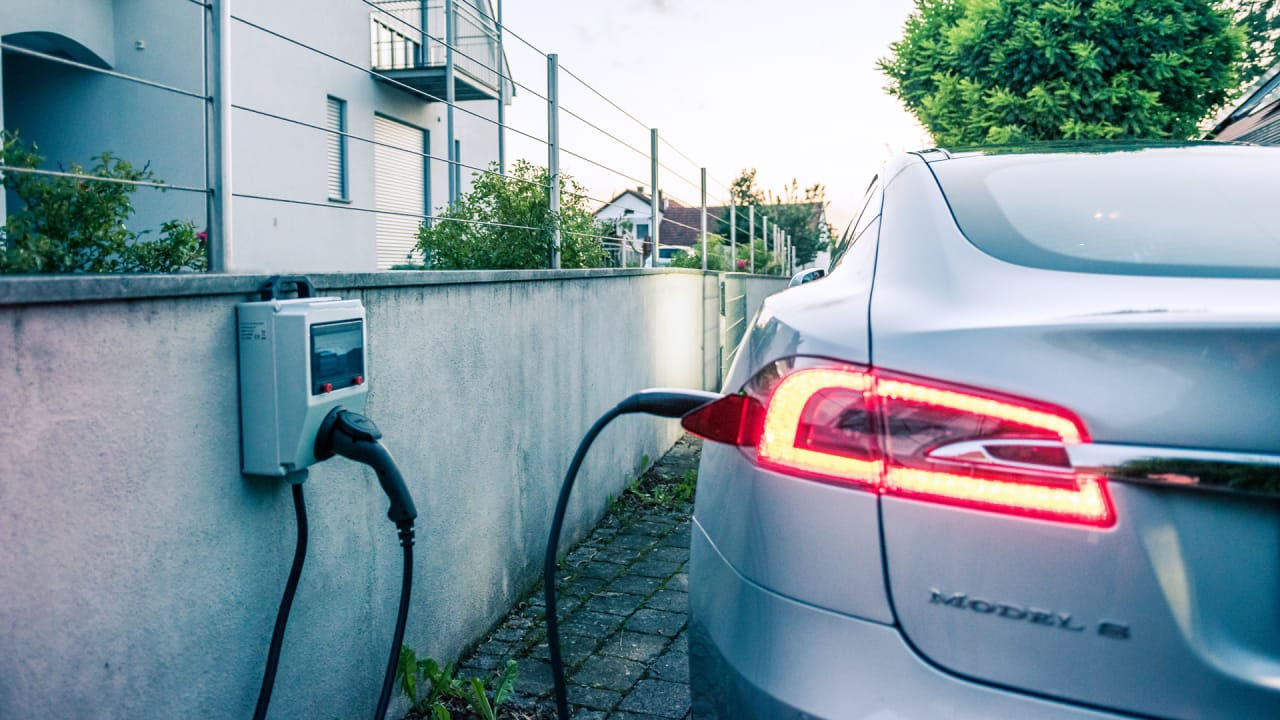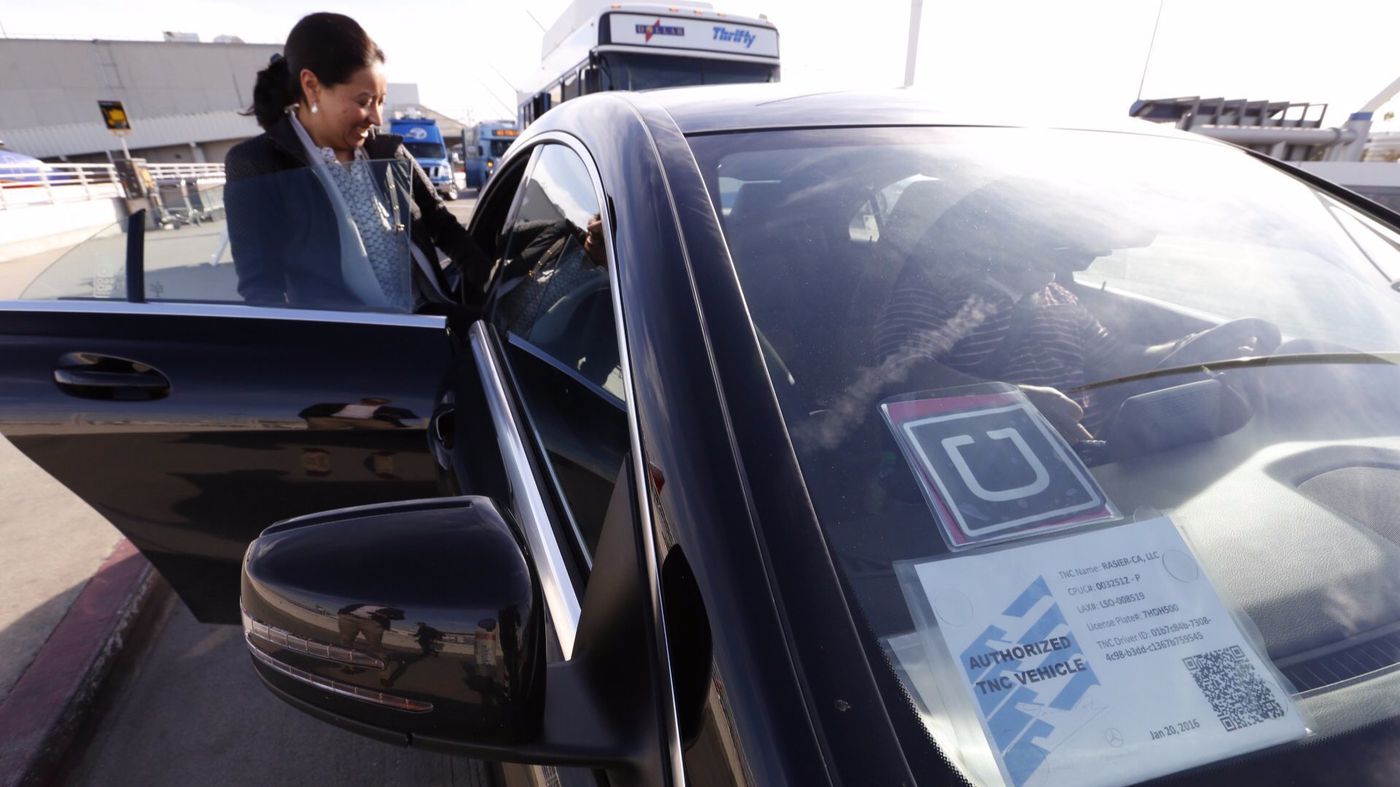Planes that can fold their wings to different angles while in the air have the potential to fly faster than their peers, and NASA has recently made headway into their development. The space agency has conducted a series of test flights proving that it can control the wings it designed to move into any position and that they have aerodynamic benefits. While the technology has existed for a long time, it typically requires the use of heavy hydraulic systems. NASA’s version doesn’t need that kind of machinery: it relies on the properties of a temperature-activated material called shape memory alloy instead. Upon being heated, the alloy activates a twisting motion in the tubes serving as the wings’ actuator, moving the wings’ outer portion up to 70 degrees upwards or downwards.
The foldable wings will give typical planes like commercial airliners a way to adapt to different flight conditions. They can give pilots more control over their aircraft and could even lead to more fuel efficient flights. Planes designed to fly at supersonic speeds (faster than the speed of sound), however, will get more out of this technology.





